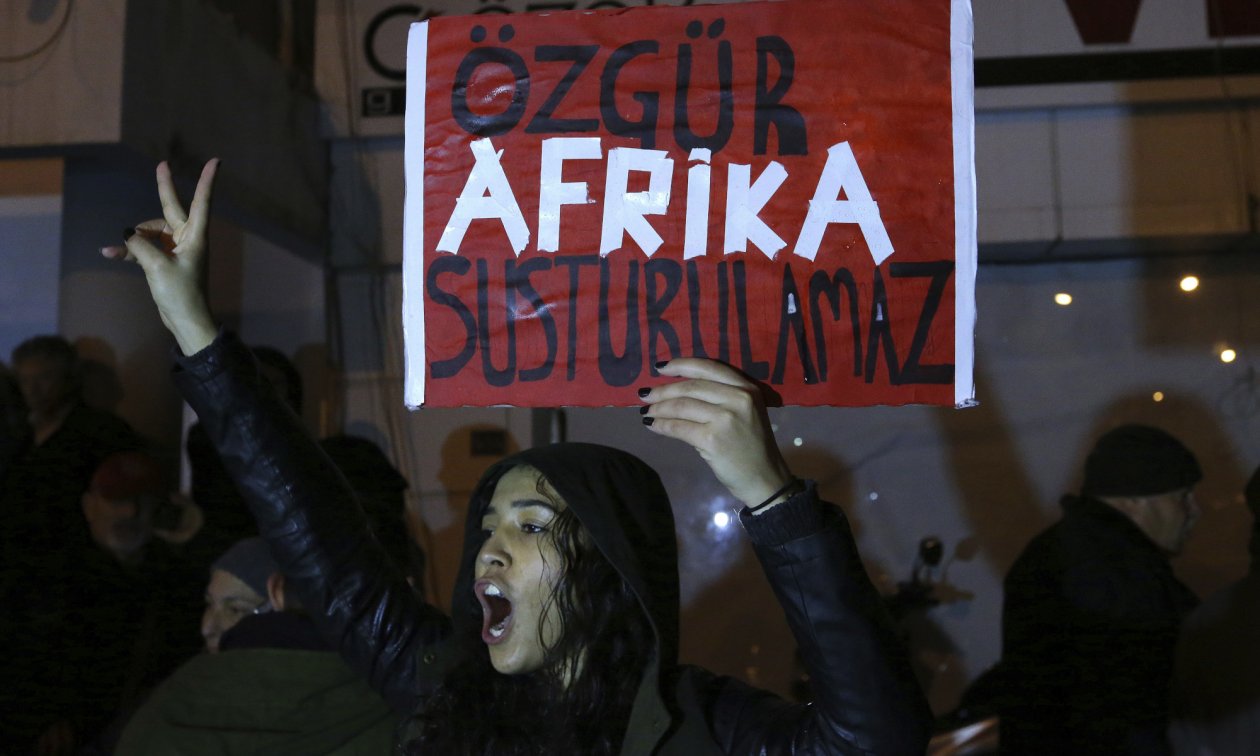Ever since the invasion of the northern part of Cyprus by the Turkish military in 1974, the island’s media landscape, like the island itself, has been split in two. The fear of legal proceedings, arrests and attacks leads many journalists to exercise self-censorship. The financial crisis left many newspapers reeling; now the repercussions of the coronavirus pandemic are having a severe impact on the print sector.







